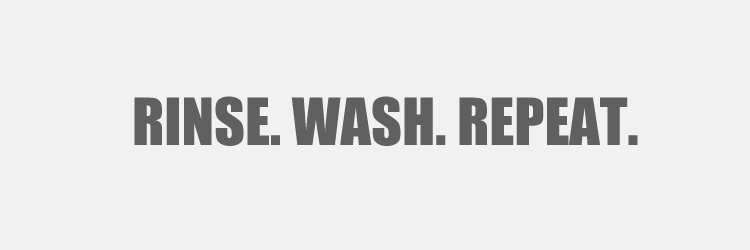In 2010, Seth Godin wrote about hourly work versus linchpin work. Essentially, his thesis is that you should pay someone a fair hourly rate when there are substitutes for what they do – his example being when you need to see a podiatrists and there happen to be 6 good ones in town – and that you should pay someone for the value (to you) of the work being done when there are no substitutes regardless of how much time it takes them to do the work.
The problem that you and many others encounter is that you never know whether there are really substitutes because you typically outsource work that you do not know how to do yourself – coding, design, copywriting, accounting, etc. If you don’t know a lot about how to do the work, how do you determine whether or not there are really substitutes? If you for example need a website designed for your suede shoe company, can you hire any good web designer or do you need someone that has specific experience in your vertical?

Find an outsourcer marketplace
If you don’t know what something is worth and whether or not there are substitutes, find comparables by going to a marketplace. If you need a design, visit 99 designs and search for your type of business and the deliverable you need. If you need articles written, go to 101 Content or Textbroker or any number of other places where writers of all levels spend their time. Find people in your industry there and ask them what their experience was. Doing this will save you a lot of heartache as you might be able to avoid their missteps.
Business people love fixed costs
Entrepreneurs especially love knowing they’re getting something for a certain amount regardless of whether it’s a fair price or not, and often, they’re way too high or way too low, which results in either wasted budget or such low quality work that you end up having to have someone else redo it or you yourself spend hours and hours making up for the crap you just paid someone to serve you.

My experience with an outsourced website
At one point in my past, I had to create a website for a business. None existed before this. Unfortunately, the person that held the purse strings had a very specific idea of how he wanted things done. Design, coding, and implementation were to be split up, and we couldn’t spend more than $2,000 on design. Coding and implementation would be figured out later.
I begged, and I pleaded. Having developed websites myself and managed people that did the same, I knew that having a combined team – or even individual – of designer, coder, and implementer would be best as it would keep costs down and ensure that we had no transitional problems, no finger pointing with one person saying the previous person did bad work, and so on. Alas, I lost that battle. I also made my case for a larger design budget because I had been through similar website development projects and knew that this business needed a design that would top $2,000 by quite a bit. You can guess how that argument, I mean discussion, went.
Not being the ultimate decision maker, I found a designer that fit the budget and spent hours upon hours upon hours explaining and re-explaining what we needed and why the designs weren’t quite right. One thing you’ll also find when you pick the wrong type of worker – on the low end – is that you often end up questioning why they did not make the changes you made explicit… no matter how many times you state them. The additional $1,000 or $2,000 that I would have liked to have spent on a better fitting designer was easily spent on my salary for the time I had to devote to the project.
You know what happened in the end with the design? It was just okay, and who took the bullet for not having a spectacular design?

You guessed it. I did.
Then came time for someone to code the website, and again, my budget was $2,000, but this time around, I got lucky and found someone that was a good fit for both the budget and the job needed, but when it got to implementation, things went south again. Due to frustrations over the design and the fact that I had maxed my budget, implementation was brought in house and would be done by people that had almost no experience with website development or server management.
It was at this time that I started to want to shoot myself. When the coder handed over the site, everything worked perfectly. For weeks and then months after that time, the site proceeded to break every time we tried something new just in the testing phase, and our guy – not knowing much about website development – couldn’t tell us if it was him, our coder, or a ghost in the machine.
In the end, we spent $4,000 on outsourced labor, used at least160 hours of my time, and dedicated another person to the project for well over 300 hours… all because we made bad decisions about the value of what we needed and whether or not there were substitutes.

If I could do it over
I would have made a stronger case for the special needs that we had. It as a unique company in a vertical that was accustomed to world class website design – not $2,000 design. I knew we needed a great designer and that we needed a team or an individual that could do the project end-to-end to ensure quality, but I didn’t do my research to the extent that I could show data, which is what I needed. There’s no guarantee that things would have been any better if I had made a stronger case, but looking back on this, I know that it was my mistake to not visit a marketplace, gather numbers, and get supporting evidence. Unfortunately, my lack of foresight on the project led us all to waste hundreds of hours in order to save a few thousands and only in the end come out with a mediocre product.
Should you pay outsourced workers hourly or by deliverable?
Do your research. Get your data. And, make your decision based on the needs of your own project and circumstances – not based on budget or preconceived notions from people that don’t know anything about what you’re working on.
